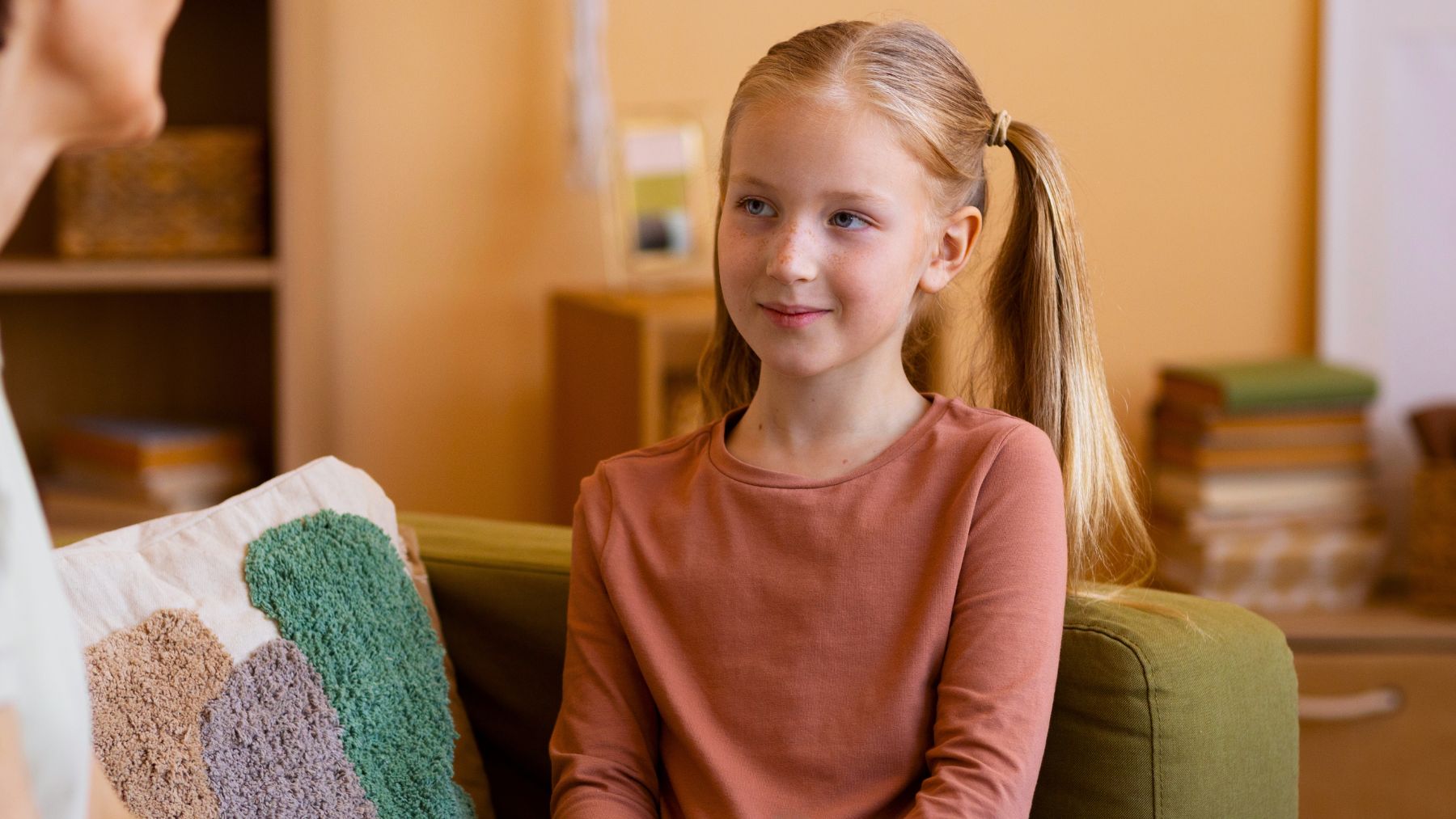Anxiety, depression, and stress-related symptoms are becoming more common among kids and teenagers. While books, games, and therapy all have their place, a new study highlights another activity that can help them and may be overlooked by some parents.
That habit is physical activity. Regular, structured exercise can reduce these symptoms in children when it becomes part of their routine. According to researchers, even brief programs or simple movements throughout the week can lead to significant improvements in mental well-being. Here’s what the study found, along with tips on how parents can help kids make it part of their daily routine.
What the study says about sports and mental health in children
Researchers from the University of South Australia reviewed 375 clinical trials covering over 38,000 children and teens. Their goal was to measure the effects of exercise on symptoms of depression and anxiety in youth aged 5 to 18.
The results were clear: movement can help. Children who took part in structured exercise programs had fewer symptoms of both depression and anxiety. The improvements were most noticeable in teens and in kids already diagnosed with mental health conditions such as ADHD or clinical depression. Even brief programs showed positive effects, especially for depression.
The type of exercise also made a difference. For anxiety, light resistance training had the strongest impact. For depression, routines that included both aerobic and strength training were most effective. Teens, in particular, saw more benefit, possibly because their physical activity levels tend to drop and their stress levels rise as they get older.
Far from suggesting replacing therapy or medication with sports, the study showed that movement can be a low-cost, practical add-on that supports other forms of care. Kids don’t need fancy equipment or a coach, only consistency and encouragement.
How can children incorporate this habit
If your child struggles with mental health, or you just want to support their emotional balance, physical activity is a smart step. Here are some ways to build it into their day:
- Encourage something simple and repeatable, like a daily walk after school.
- Sign them up for a sports team or dance class if they enjoy social movement.
- Use short YouTube workouts or stretching routines for 10 minutes in the morning.
- Suggest activities they like, such as bike rides, jump rope, swimming, or playing tag.
- Join in when you can. Spending active time with parents doubles the benefits.
- Work with schools to make sure recess and physical education aren’t skipped.
Your kids don’t need a perfect routine, just a consistent one. They will benefit from short bursts of movement as much as long sessions, and the emotional boost can show up in just a few weeks. What matters most is that they move often in ways that feel fun or rewarding.
Sometimes, mental health support can start with a game of catch or a morning stretch. Regular movement gives kids a way to release stress, feel more confident, and connect with their bodies, and that can go a long way toward feeling better every day.

